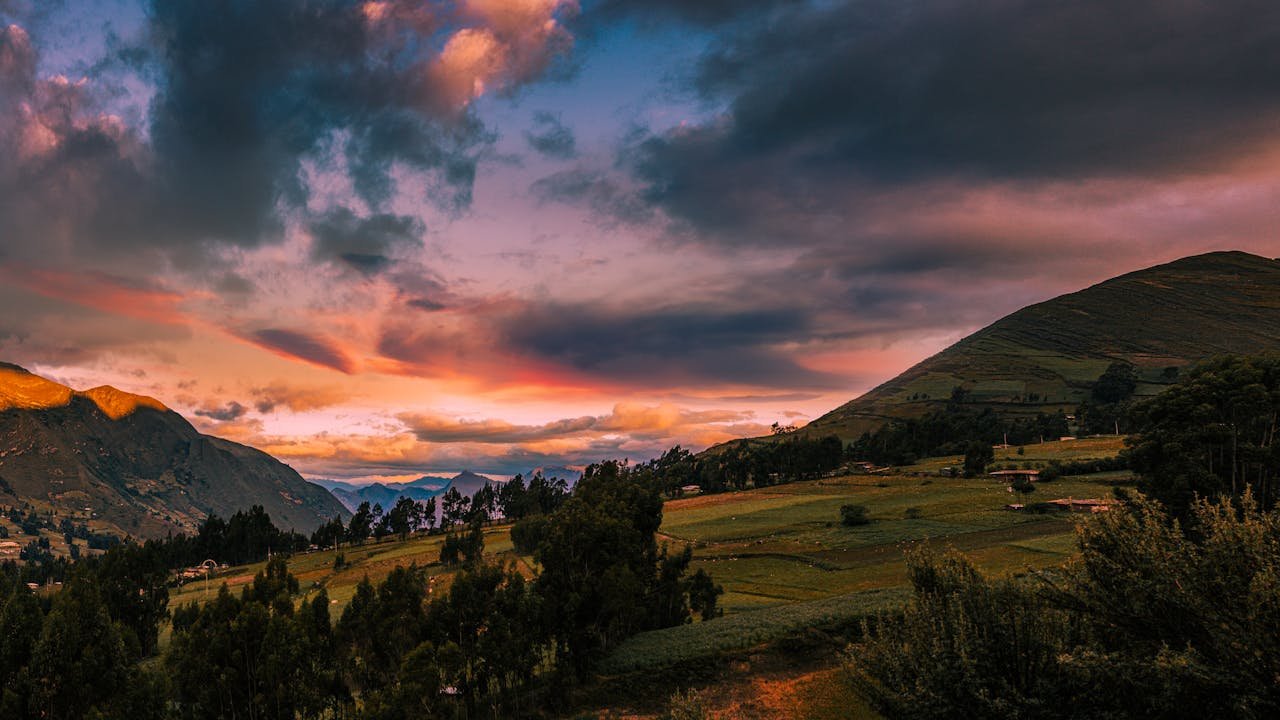Climate change is one of the most pressing challenges of our time, affecting the planet in ways that are becoming more evident with each passing year. Rising global temperatures, extreme weather events, and shifts in ecosystems are just a few of the alarming consequences we face. However, while the situation is serious, there are steps we can take to slow down its impact and build a more sustainable future.
The Rising Global Temperatures
One of the clearest signs of climate change is the increasing global temperature. Over the past century, the Earth’s temperature has risen at an unprecedented rate, largely due to the burning of fossil fuels. This excess heat is disrupting weather patterns, melting ice caps, and causing longer and more intense heatwaves. The consequences of this warming affect not only wildlife but also human health and agriculture.
Extreme Weather Events
Hurricanes, wildfires, droughts, and floods have become more frequent and severe. The warming of the oceans fuels stronger storms, while prolonged droughts dry out vegetation, making wildfires more devastating. Heavy rainfall leads to catastrophic flooding, displacing communities and damaging infrastructure. These events not only cause loss of life but also place an immense financial burden on economies worldwide.
Melting Ice Caps and Rising Sea Levels
Polar ice caps and glaciers are melting at an alarming rate, contributing to rising sea levels. Coastal cities and island nations face an increased risk of flooding, forcing people to relocate and threatening biodiversity in these regions. As sea levels rise, saltwater intrusion affects freshwater supplies, making it harder for communities to access clean drinking water.
Disruptions in Ecosystems and Wildlife
Climate change is forcing many species to adapt to new conditions, while others struggle to survive. Rising temperatures impact migration patterns, breeding cycles, and food availability. Coral reefs, often referred to as the “rainforests of the sea,” are dying due to ocean acidification and warming waters. Deforestation, pollution, and habitat destruction further threaten ecosystems already under stress from climate change.
The Impact on Human Health
The consequences of climate change extend beyond environmental destruction—they also impact human health. Air pollution, intensified by fossil fuel emissions, increases respiratory diseases like asthma and bronchitis. Rising temperatures contribute to heat-related illnesses, while changes in rainfall patterns create breeding grounds for disease-carrying insects such as mosquitoes. The strain on food and water resources leads to malnutrition and conflicts over dwindling supplies.
What Can We Do to Reduce Climate Change?
Although climate change is a global issue, individual and collective actions can make a significant difference. Reducing reliance on fossil fuels by using renewable energy sources such as solar and wind power is a crucial step. Transitioning to energy-efficient appliances, using public transportation, and adopting sustainable practices in daily life can also help lower carbon emissions.
Conserving water and reducing waste are essential in protecting natural resources. Simple actions such as turning off taps, fixing leaks, and recycling can go a long way in minimizing environmental impact. Supporting sustainable farming and choosing locally sourced foods reduce the carbon footprint associated with transportation and industrial agriculture.
Reforestation and habitat restoration play a significant role in combating climate change. Trees act as natural carbon sinks, absorbing CO₂ from the atmosphere. Planting trees, protecting forests, and supporting conservation efforts help preserve biodiversity and maintain ecological balance.
On a larger scale, advocating for strong environmental policies and holding corporations accountable for their emissions are vital in making lasting changes. Governments and businesses need to prioritize sustainability, invest in clean energy solutions, and enforce regulations that limit pollution and deforestation.
Final Thoughts
Climate change is a challenge that affects everyone, but the good news is that we have the power to take action. By making conscious choices, supporting sustainable initiatives, and pushing for policy changes, we can help slow its impact and protect our planet for future generations. Every effort, no matter how small, contributes to a more sustainable and resilient world.

